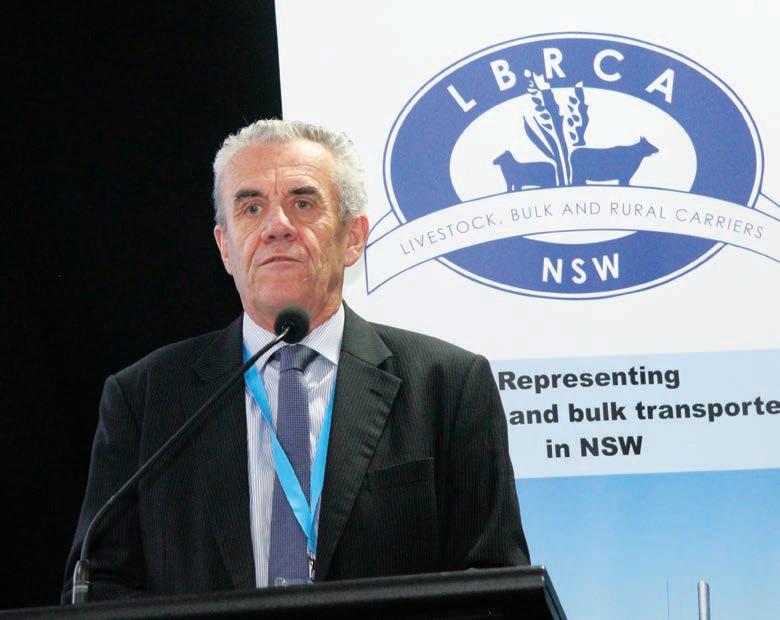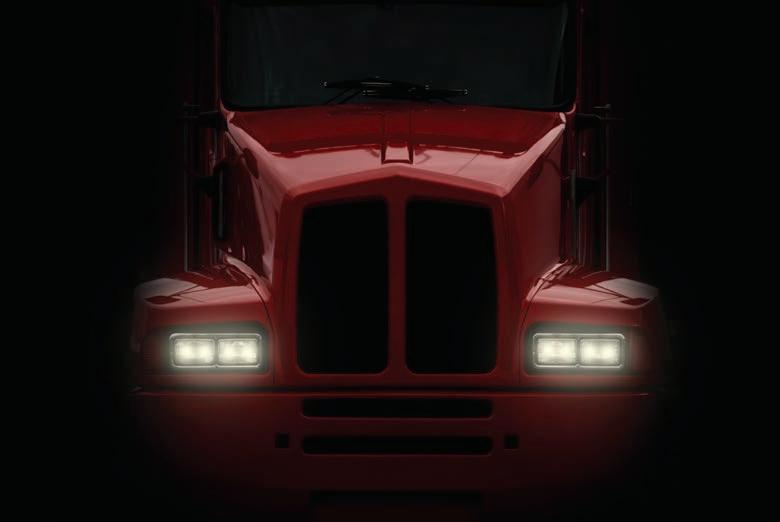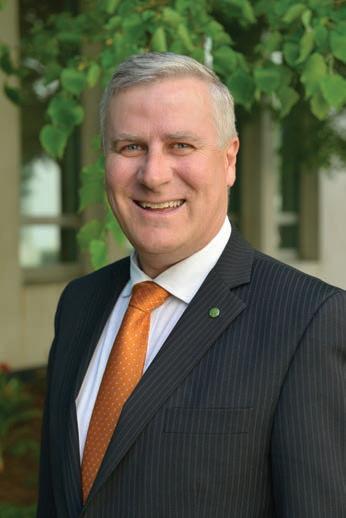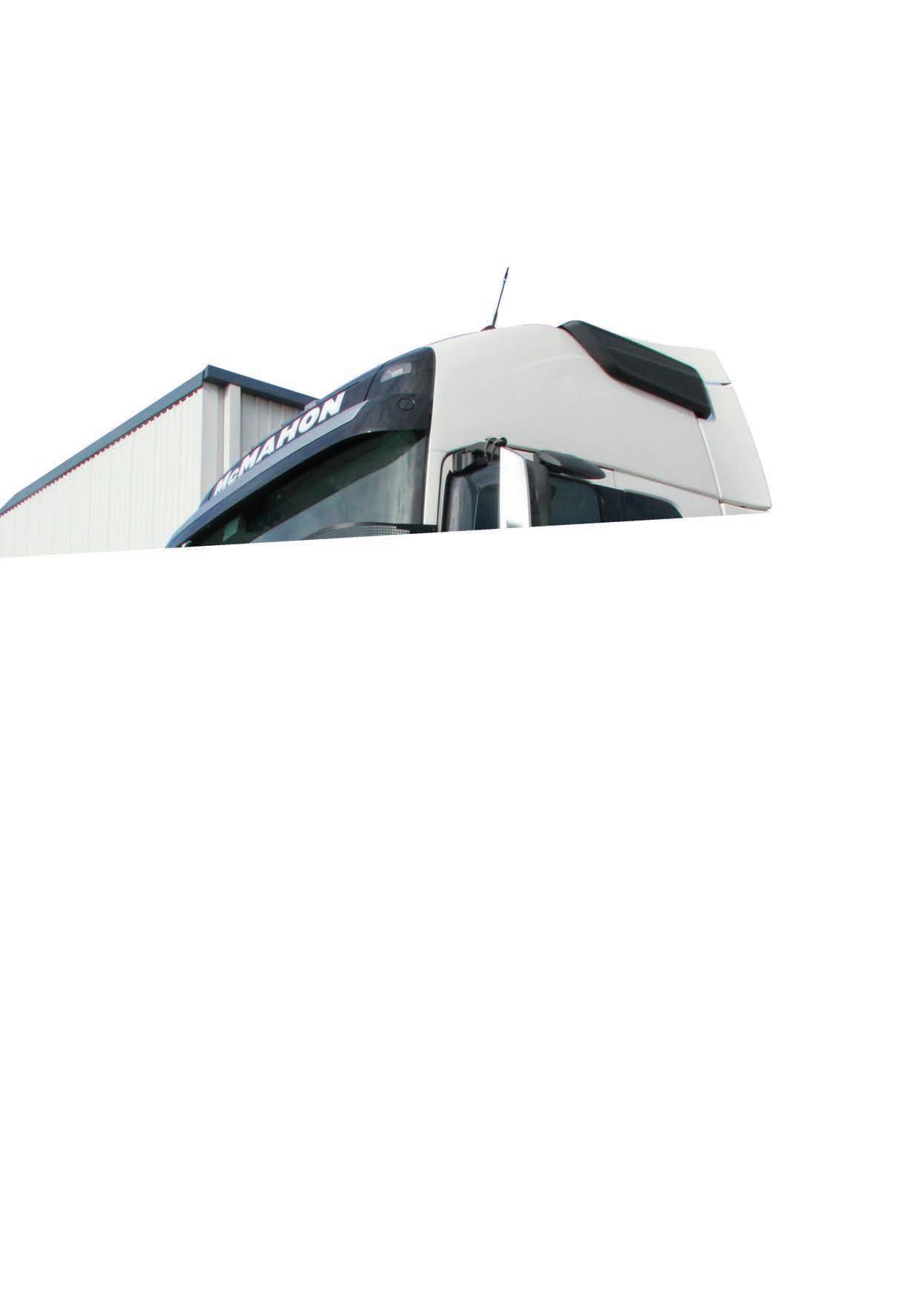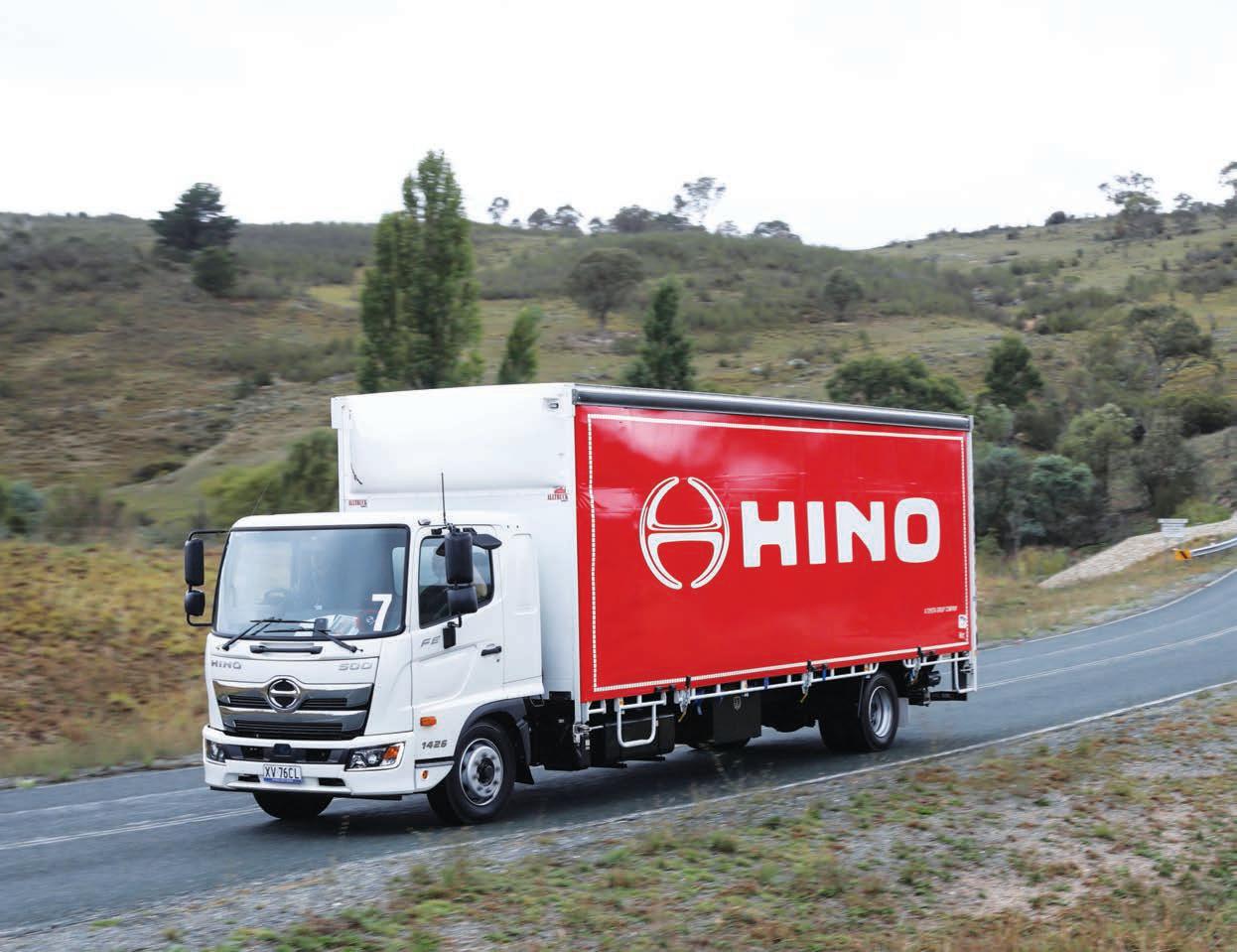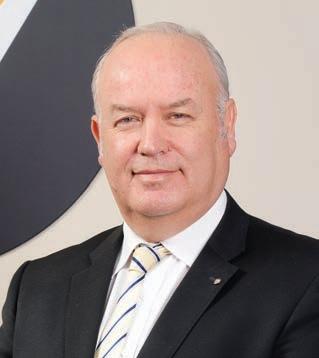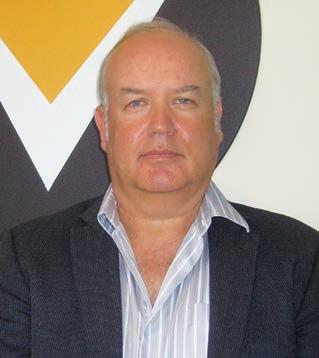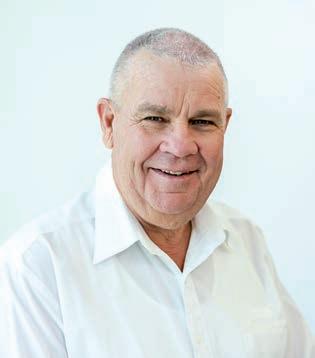
4 minute read
Personality
RELA FOSTERING
REPRESENTATION IN THE AREAS OF INDUSTRIAL RELATIONS IS COMPLEX AND PEPPERED WITH A MULTITUDE OF ORGANISATIONS ABOUT WHICH THERE CAN OFTEN BE CONFUSION IN RELATION TO WHETHER THEIR VARIOUS EFFORTS ARE CONFLICTING OR CO-OPERATIVE. HUGH MCMASTER IS THE SECRETARY/TREASURER OF THE NSW BRANCH OF THE AUSTRALIAN ROAD TRANSPORT INDUSTRIAL ORGANISATION AND SPEAKS TO PRIME MOVER ABOUT ADDING SOME CLARITY.
PM: Just what is ARTIO NSW? HM: ARTIO NSW is a Branch of the ARTIO national body and is what is known as a Registered Organisation. This means that along with ARTIO and the other state-based branches, ARTIO NSW operates under a common set of rules approved by the Fair Work Commission which make clear our role as a representative body. Registration as an organisation gives ARTIO NSW legal standing before the Commission which, in turn, makes decisions related to awards. The TWU (Transport Workers Union) also has standing before the Fair Work Commission. This also applies in NSW where both ARTIO NSW and the TWU NSW Branch have standing before the NSW Industrial Relations Commission.
PM: What are the main functions ofARTIO NSW? HM: Primarily to represent employers in negotiations with government in order to shape the workplace relations policy and regulatory environment in which employers conduct business. We also represent employers in negotiations with the Transport Workers
Hugh McMaster.
Union in relation to the awards under which their employees are engaged and we perform the same role in NSW in relation to principal contractor/ contract carrier relationships. We also provide information and advice to our members aimed at ensuring they meet their legal obligations in workplace relations matters and, where they request it, take whatever steps they require to ensure they have representation before courts and tribunals.
PM: Is it confusing there are so many organisations? HM: In my opinion, the industry has too many organisations and there are also too many businesses and individuals within the industry who are not a member of either an association or a union. If the industry had fewer organisations and, collectively, more members of the associations and the TWU, it would probably achieve a stronger voice. Some states have an association which is represented through both the ATA (Australian Trucking Association) and ARTIO. Again, in my opinion, this is what the industry in every state should strive for because it means representation in whatever form it takes is always derived from, and provided for on behalf of, the industry’s peak bodies. I also believe there is a place for national and state associations which serve a particular part of the industry or supply chain because each sector of the industry has its own challenges and priorities. Ideally, this should also be through a state body. In my view, such a structure works best because Australia itself is a federation and all areas of government interact
TIONS
with, and have an impact on, the business and regulatory environment in which businesses and workers go about their work. Currently, ARTIO NSW is not a member of the ATA because its principal focus relates to industrial relations and other areas ofworkplace law.
PM: What progress is being made at a state level in NSW? HM: Earlier this year, ARTIO NSW signed a Memorandum of Understanding with the Livestock Bulk and Rural Carriers Association of NSW (LBRCA) to provide an industrial relations service. This broadens the LBRCA’s service offering to its current and potential members while also broadening ARTIO NSW’s reach. It’s a win/ win for both organisations and our respective memberships because it does not constrain either organisation in any way from their role as an organisation representing members.
PM: What are currently the biggest challenges in the area of road transport industrial relations? HM: To have a safe and viable operating environment for all business owners and workers. Principal contractor/ owner driver relations in particular continue to be a vexed issue that won’t go away and must be solved in a way that recognises all business in the industry, including owner drivers, should have the expectation to develop and sustain a safe and viable business. The crux of the industry’s problem is low margins leading to high bankruptcy rates and the impact of this down the supply chain. We also need to continue cleaning up the enterprise bargaining system. There is currently a significant backlog of enterprise agreements before the Fair Work Commission which means it takes too long to arrive at a decision. The Commission recognises the problem which is a good start.
PM: Does the emergence of the Gig economy and its trend towards shorter term contracts present an industrial relations issue? HM: We must manage the Gig economy better. At present, much of the risk with Gig activity is borne by the Gig worker, not the platform operator or the customer. It is noteworthy that there is now a Shadow Minister for the Gig Economy in NSW. This is a sign that Gig work is being recognised as an area which government will be forced to give greater attention in order to ensure minimum workplace standards are in place.
